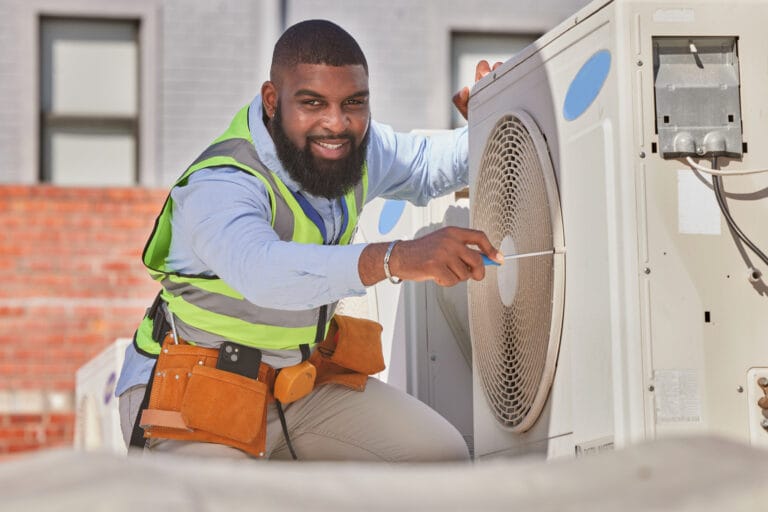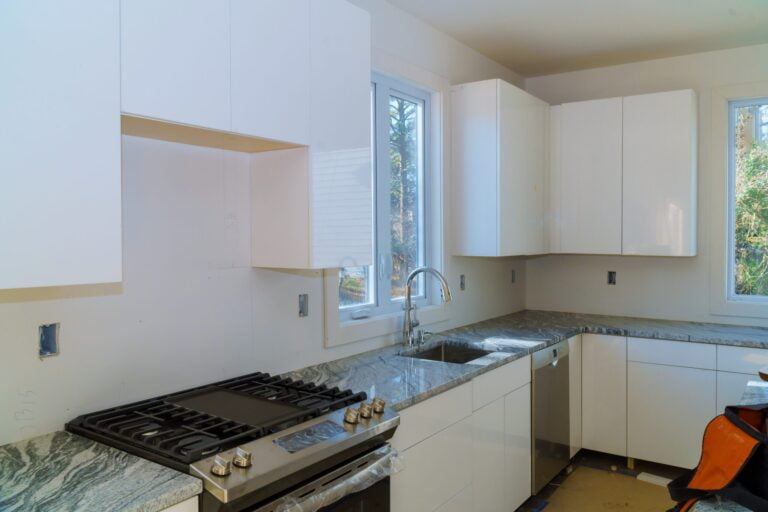Home renovations can be a great way to add value to your home, but they can also be expensive. There are a number of ways to finance home renovations, and the best option for you will depend on your situation. Keep reading to learn more about financing home renovations.
Set your priorities.

When you are considering a home renovation, it is important to set your priorities. What are the most important issues to you? Do you want a new kitchen, bathroom, or basement? Do you need more living space? Or are you looking to increase the value of your home with updated finishes and features? No matter what your priorities are, there are a few things to keep in mind when planning your renovation. First, make sure to consult with a professional. They can help you plan the project, estimate the cost, and ensure that everything is done properly. Also, be realistic about your budget. Renovations can be expensive, so you need to make sure you have enough money to cover the cost. Once you know what you want and have a budget in mind, it is time to create a plan. This will help you stay on track and ensure that the finished product meets your expectations.
Shop around for the best deals.

One of the best tips for financing home renovations is to shop around for the best deals. There are many different lenders and loan products available, so it’s important to compare interest rates, fees, and terms. You may be able to get a lower interest rate by taking out a personal loan or a home equity loan instead of using a credit card. You should also consider whether you want a fixed or variable interest rate. A fixed interest rate will stay the same over the life of the loan, while a variable interest rate can change depending on market conditions.
Another thing to remember is that home renovation loans typically come with higher interest rates than traditional mortgages. This is because there is more risk for the lender if they’re lending money for a project that may not be completed or may not increase the value of the home as much as expected. However, if you have good credit and can afford to pay back your loan quickly, you may be able to get a lower interest rate by choosing a shorter repayment term.
Downsize your belongings.
When renovating your home, you’ll likely have a lot of extra stuff lying around. Whether you plan on replacing these items or storing them, you should at least get them out of the way before you start renovating. Long-term storage options exist to help you place bulky items away from your renovation site. Alternatively, you could donate or pawn unused items in your home to create space and get some extra cash. Pawn shop services and donation services may be able to accept or purchase home fixtures and appliances as well. This can be helpful if you want to upgrade your home but don’t have the money to do so outright.
Apply for grants.
A few different types of grants are available to help homeowners finance home renovations. The first is the Home Renovation Tax Credit, which provides a tax credit of up to $5,000 for qualifying home improvements. The second type of grant is the Home Repair Assistance Program, which provides low-interest loans or grants to homeowners who need repairs that are necessary to protect their health and safety. Finally, several grants are available specifically for home renovations, such as the Energy Efficient Home Improvement Grant and the Accessibility Modification Grant. Depending on the type of renovation you want to complete, you’ll want to research the different grants available in your state before starting.
Overall, financing home renovations can be a bit tricky. There are many home renovation tips to consider when planning to renovate, and getting the financing in place is just one piece of the puzzle. By planning and shopping for the best financing option, homeowners can save time and money on their home renovations.






